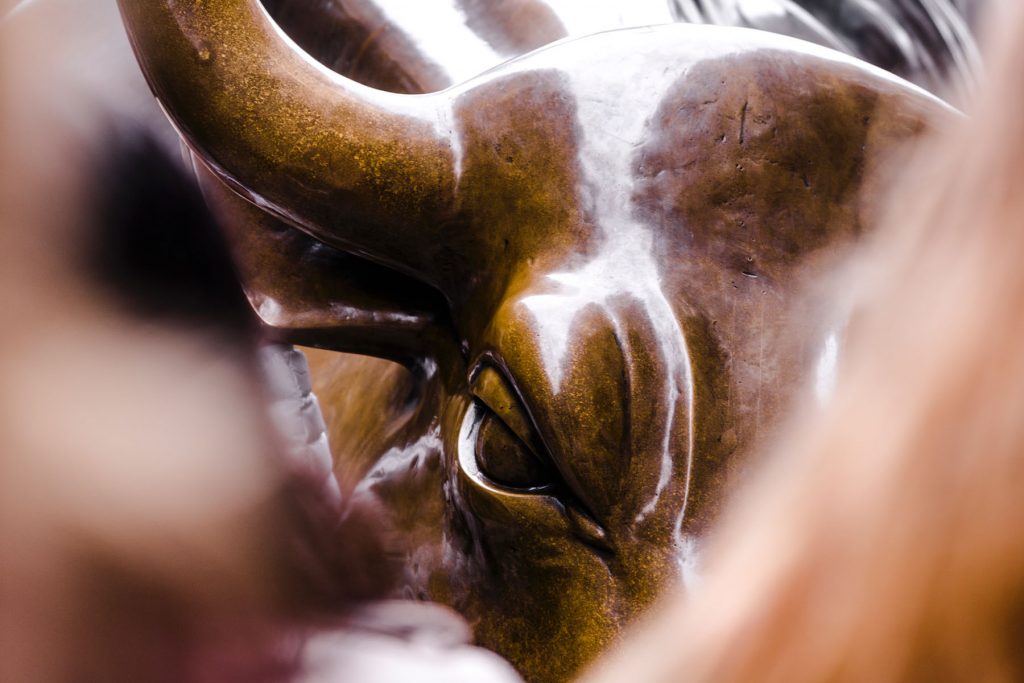Most people have heard the terms “Bull Market” and “Bear Market.” Some even know what the terms mean. But the history of where they actually originated is unclear.
The definition of a bull market is when the market increases at least 20% from a recent low. A person who expects prices to increase is described as “bullish.” The opposite of a bull market is a bear market, in which the market decreases at least 20% from a recent high. A person would be described as “bearish” if they expect prices to decrease. A “correction” occurs when the market decreases 10%.
According to Forbes, on average a bear market lasts 289 days, with the longest bear market being the Great Depression from 1937 to 1942. The average bull market lasts a lot longer, 973 days, with the longest bull market being from 2009 to 2020.
It’s been said that the use of the terms “bull” and “bear” to describe the market is based on how each animal attacks. A bull attacks by pushing up with its horns (stock prices are rising), and a bear attacks by swiping down with his paw (stocks are falling). While this is a handy way to remember which one is which, it may not explain the origin of the terms.
Merriam-Webster suggests the use of “bear” may have originated from a proverb advising not “to sell the bear’s skin before one has caught the bear.” “Bear” became associated with short sellers, who would sell borrowed stock with the expectation that prices would decrease.
It became more popular to use the term “bear” to describe markets and investors after the South Sea Bubble of 1720. The term “bull” is thought to have been established around the same time, in opposition to “bear” (per Merriam-Webster). The South Sea Bubble occurred in Great Britain after speculative investing led the price of South Sea Company stock to rise quickly and then crash, causing many British investors to lose large sums of money. In 1720, South Sea company stock grew from 128 ½ pounds in January to over 1,000 pounds in August, but by December had crashed to 124 (per Britannica).
Wherever the terms originate, hearing the financial media talk about bull and bear markets can have a notable impact on investors’ emotions, both for excitement and fear. It is important not to let emotions affect the decisions you make with your investments. Regardless of the type of market, it’s best to stick to your long-term investment plan, including a diversified portfolio aligned with your risk tolerance.
Sources





